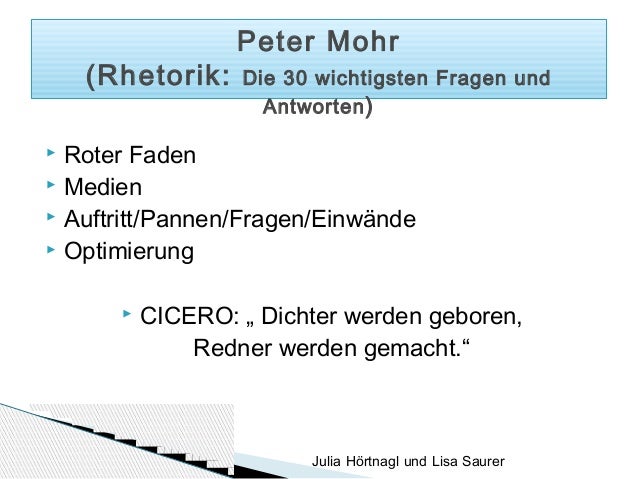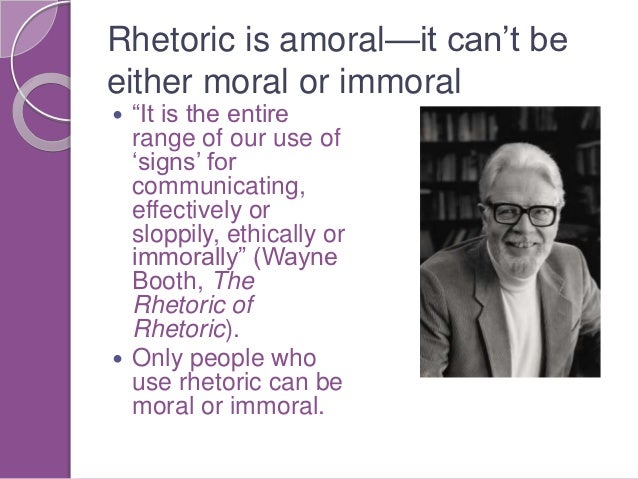

Beiser to follow Schiller the Dramatist-John Guthrie 2009 In examining Schillers often-neglected use of gesture, this study treats his dramas as written to be performed - not merely read. In the short compass of this chapter I will consider the use of affectio in De inventione, with briefer attention to Cicero’s mature rhetoric and the work of Quintilian, and then turn to the rhetorics of Late Antiquity to see how affectio-affectus established themselves in that body of work. 9780404641634 0404641636 Aspectus et Affectus - Essays and Editions in Grosseteste and Mediaeval Intellectual Life in Honor of Richard C.Dales, Gunar Freiburgs, Sir Richard W. Schillers Rhetorik-Gert Ueding 1971 Schillers Rethorik-Gert Ueding 1971 Schiller as Philosopher-Frederick C. For almost the next 1,000 years, rhetorical attention to this principle usually reflects the constraints that Cicero’s Stoic thought placed on it. THE RESERVE RIDGEWOOD - Retreat into Sandy Springs best-kept secret by The Reserve This newsletter was created with Smore, an online tool for creating beautiful newsletters for educators, nonprofits, businesses and more. Here, Cicero accords affectio some theoretical value as one among various resources for inventing or ‘discovering’ an argument about a person.

This work offers a definition of affectio as commutatio animi, a disturbance of the mind (or soul). While Latin antiquity produced rhetorical works of much greater scope and depth, mere accidents of history made De inventione the most influential rhetorical text to survive from Late Antiquity through the High Middle Ages. In the rhetoric of the postclassical periods up to about 1200, these terms tend to have a value limited by one of the chief rhetorical sources that the Middle Ages took from classical antiquity, Cicero’s youthful De inventione. Her interest in rhetorical analysis figured even more directly in Rhetoric and Reform: Erasmuss Civil Dispute with Luther (Cambridge: Harvard Historical. But restricting our survey to the narrowed optique of rhetorical contexts produces a suggestive picture.

Of course, any rhetorical use of those terms is inflected by their broader semantic values in Latin antiquity. In classical Latin rhetoric, the related terms affectio and affectus have a wide presence.


 0 kommentar(er)
0 kommentar(er)
